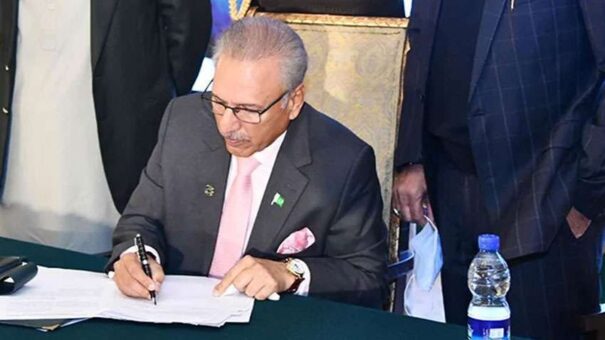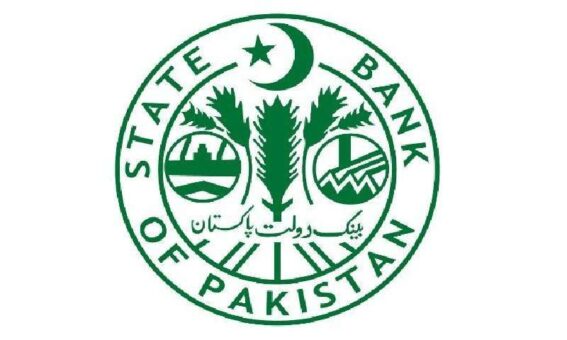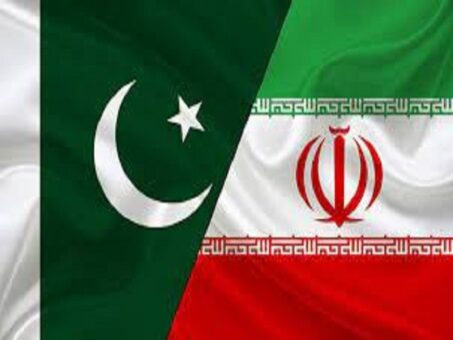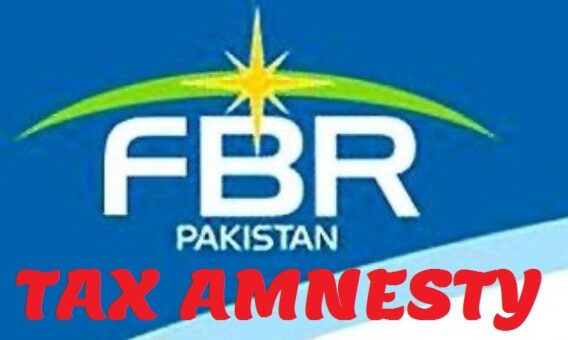ISLAMABAD: Federal Board of Revenue (FBR) on Thursday issued new rates of duty and taxes under Finance (Supplementary) Act, 2023, after President Dr. Arif Alvi signed the bill following approval from both the houses.
(more…)Category: Top stories
Find top stories in this section. Pakistan Revenue brings you the latest and most important news from Pakistan and around the world, keeping you informed with key updates and insights.
-

Mini budget applies as President Alvi signs Finance Supplementary Bill 2023
ISLAMABAD: The newly introduced mini-budget on Thursday became applicable as the President of Pakistan Dr. Arif Alvi signed the Finance Supplementary Bill 2023.
(more…) -

Rupee ends at PKR 260.93 to dollar in interbank forex market
KARACHI: Pakistani Rupee (PKR) ended at PKR 260.93 to the dollar on Thursday in interbank foreign exchange market.
(more…) -

SBP auctions MTBs at 20% cut-off yield; signals of massive policy rate hike
KARACHI: State Bank of Pakistan (SBP) on Wednesday sold Market Treasury Bills (MTBs) at about 20 per cent cut-off yield hinting massive increase in benchmark policy rate.
(more…) -

Car prices in Pakistan surge by 149 pc to reach highest level
LAHORE: Car prices in Pakistan have surged by 149 per cent to reach the highest level of the country’s history.
(more…) -

Iran establishes six border markets to promote trade with Pakistan
KARACHI: Iran has established six border markets to promote trade with Pakistan, said Iranian Consul General Hasan Noorain.
(more…) -

Amnesty scheme proposal for enhancing dollars inflow rejected
The federal government has firmly rejected a proposal for an amnesty scheme aimed at bolstering the inflow of dollars into the country.
(more…) -

Pakistan keeps 100 pc regulatory duty on car imports
ISLAMABAD: Pakistan has kept the 100 per cent regulatory duty on car imports till March 31, 2023.
(more…) -

Active Taxpayers List expires on February 28, 2023: FBR
ISLAMABAD: Active Taxpayers List (ATL) for tax year 2021 is expiring of February 28, 2023, said officials in the Federal Board of Revenue (FBR) on Tuesday.
(more…) -

Foreign Direct Investment into Pakistan plunges by 44 pc in 7MFY23
KARACHI: The inflow of foreign direct investment (FDI) into Pakistan has plunged by 44 per cent during first seven months (July – January) of fiscal year 2022-2023, according to data released by central bank on Tuesday.
(more…)